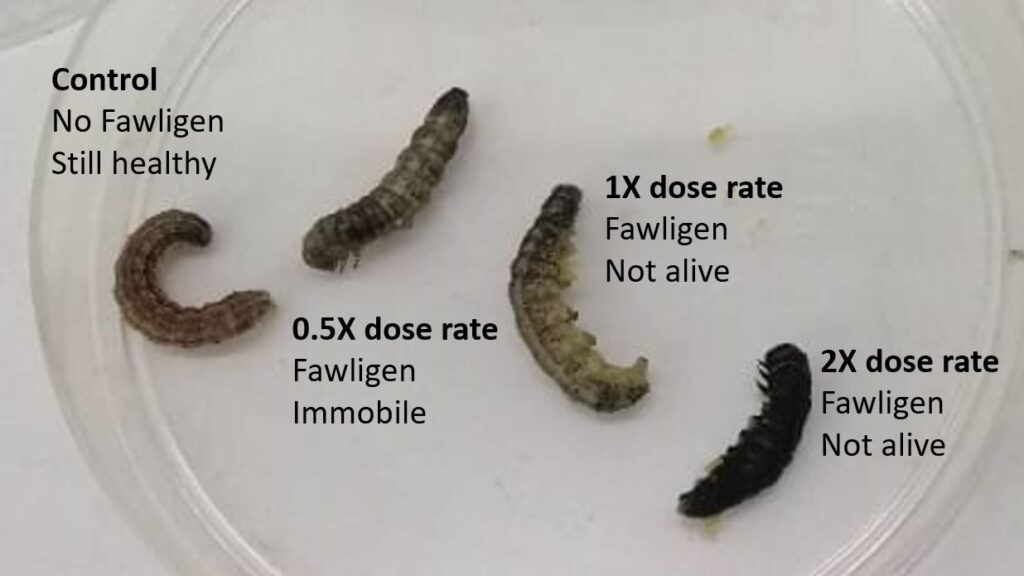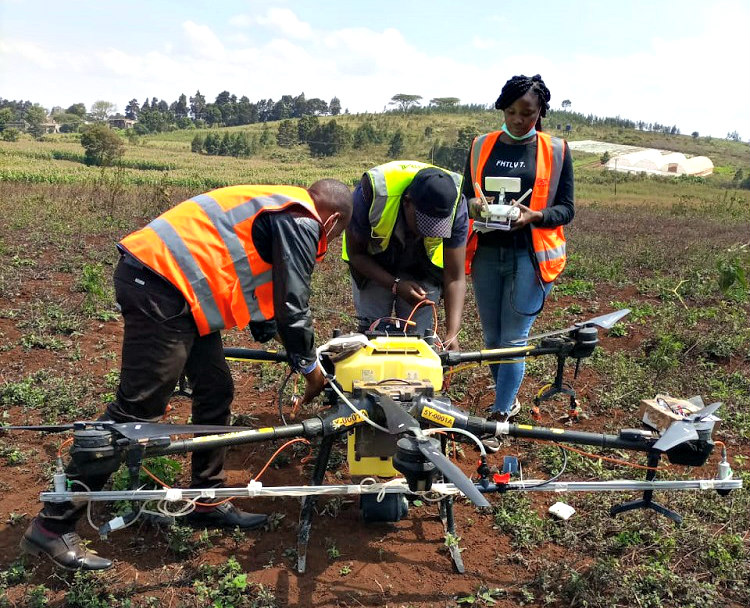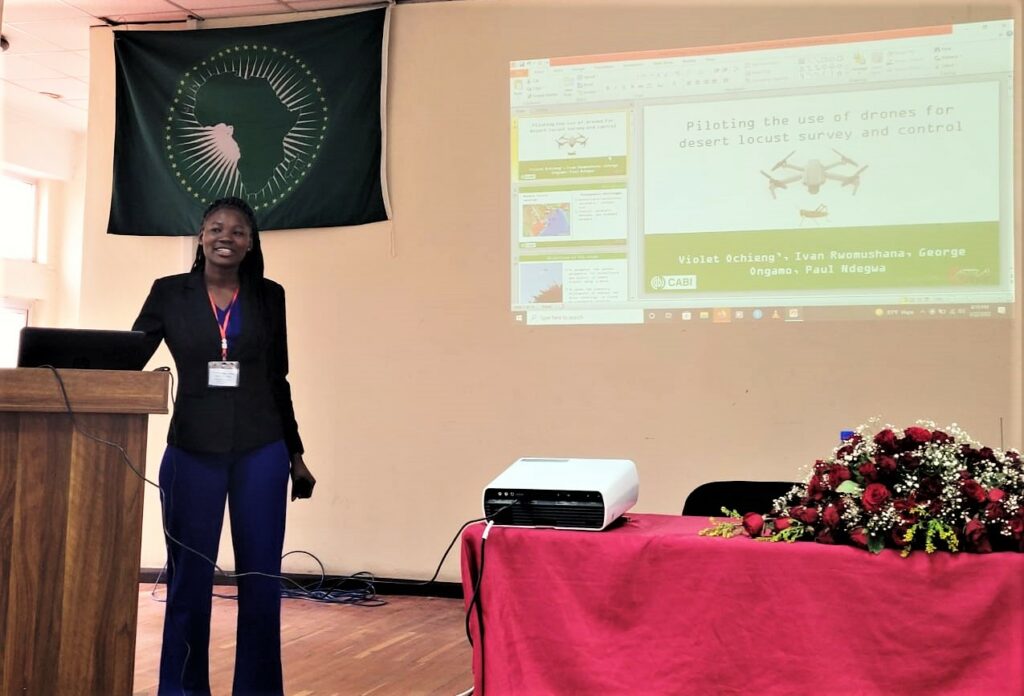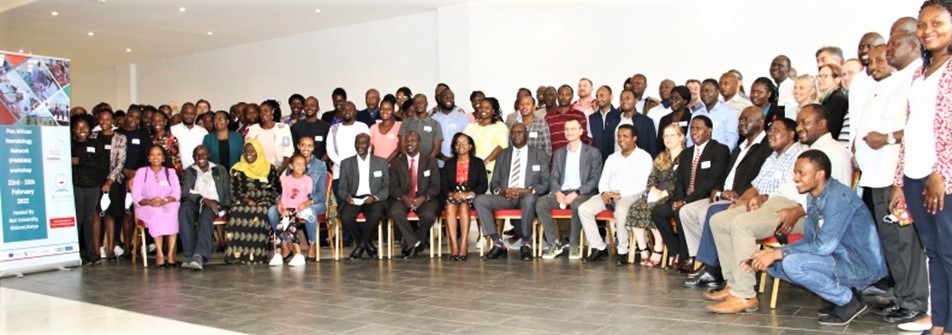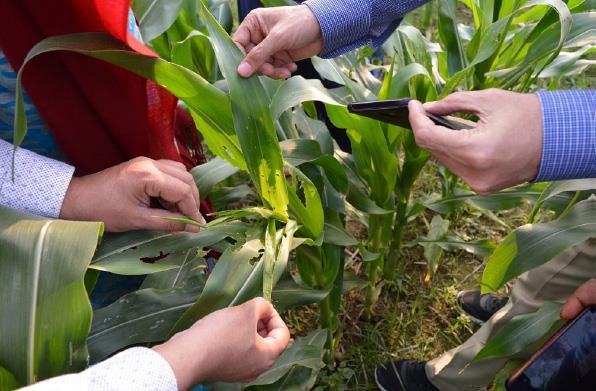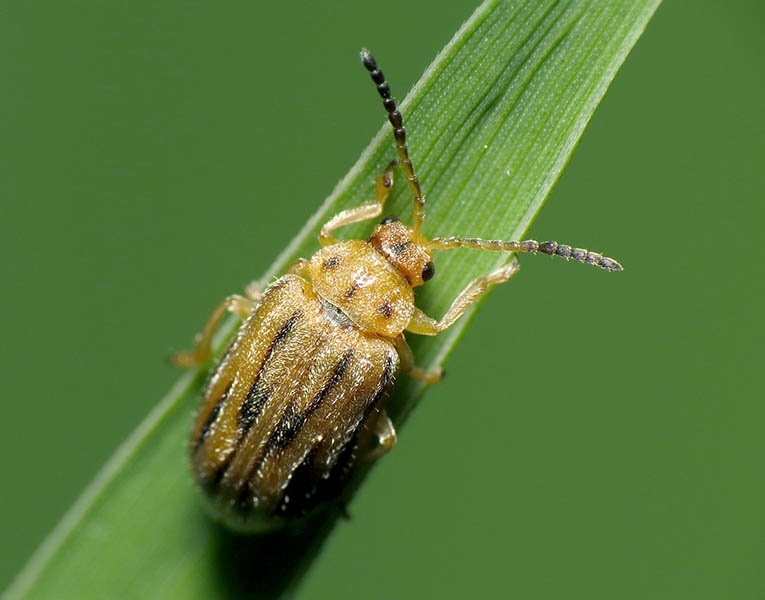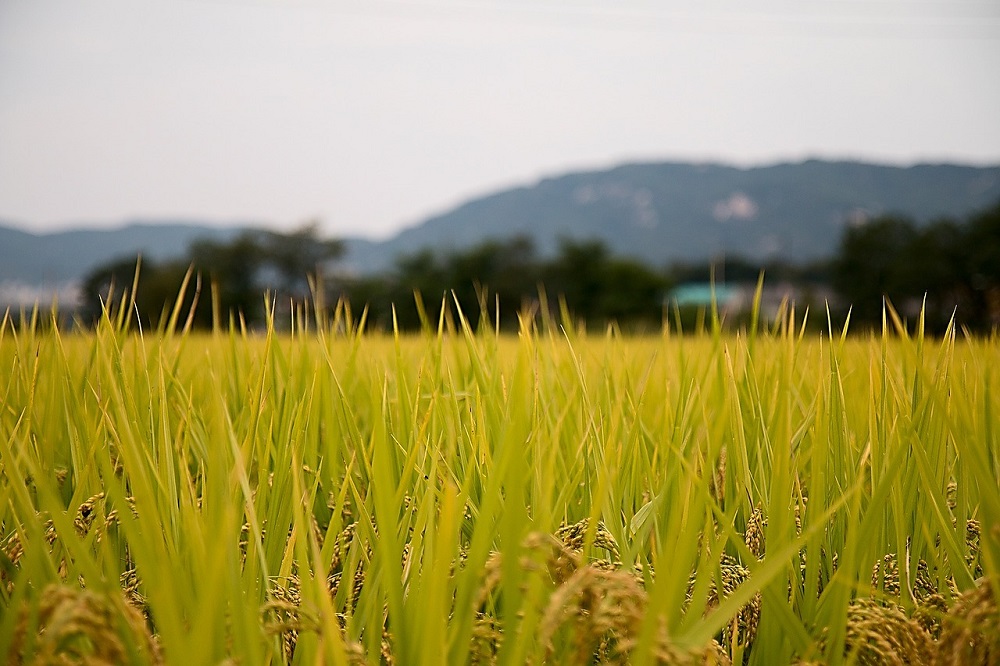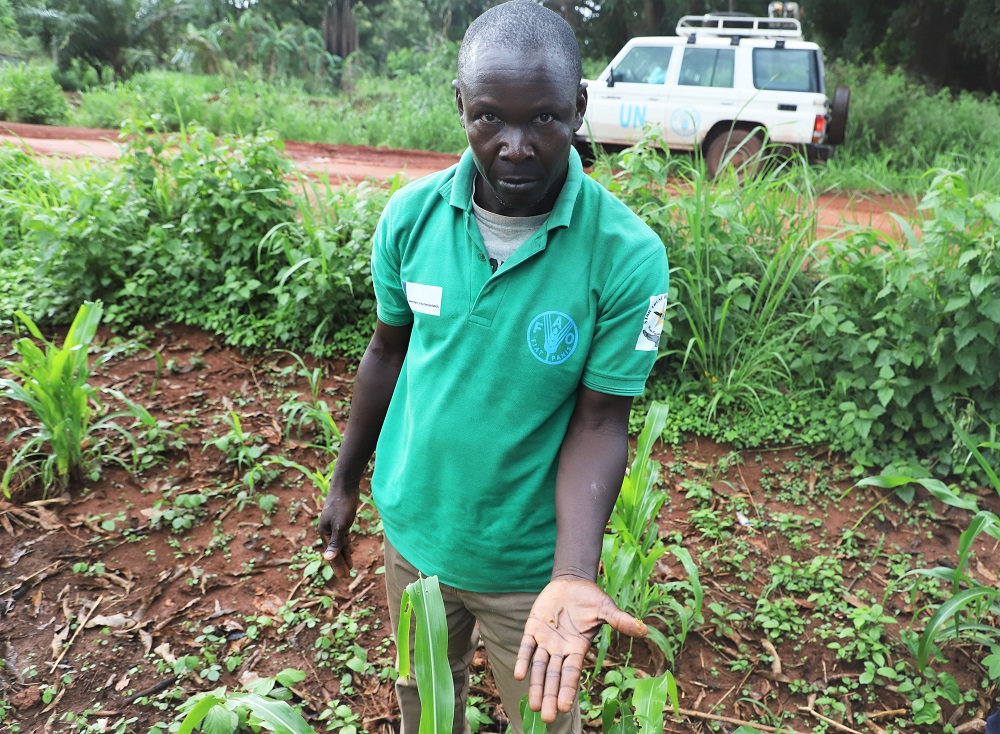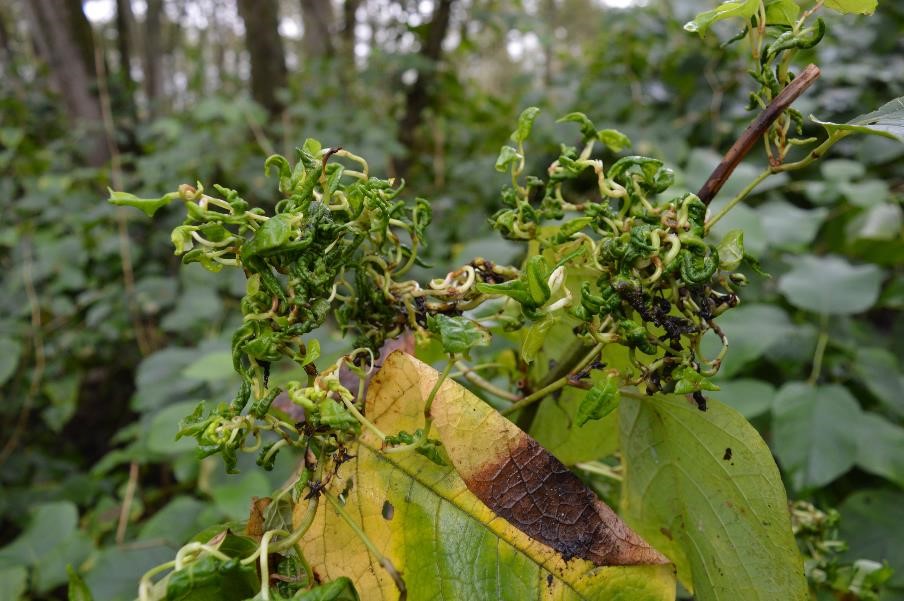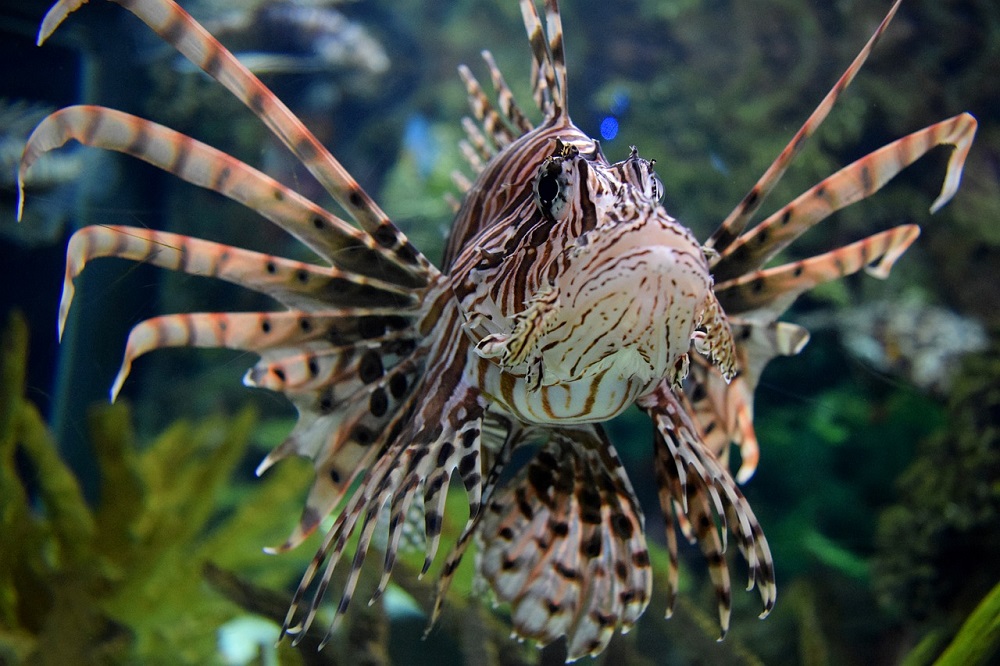Invasives Blog
You are here: Invasives Blog
Progress made on biological controls to fight crop pests in Malaysia
June 14, 2022
Wayne Coles
No Comments
Technology in the skies fights desert locust
May 16, 2022
Wayne Coles
No Comments
Carol Ellison Science Award winner highlights locust research at her first international scientific conference
April 28, 2022
Wayne Coles
2 comments
CABI contributes to first Pan-African Nematology Network workshop in Kenya
April 7, 2022
Wayne Coles
No Comments
Coordinating body urgently needed to help improve Bangladesh’s invasive alien species system
March 22, 2022
Wayne Coles
No Comments
Satellite data offers alternative in predicting impact of biological control for hay-fever causing ragweed
February 15, 2022
Wayne Coles
No Comments
Why the invasive apple snail is causing Kenya’s basmati rice to lose its sweet smell of productivity
January 26, 2022
Fernadis Makale, Harrison Rware
1 comment
CABI research referenced in study assessing potential spread of fall armyworm in Africa and beyond
January 17, 2022
Wayne Coles
No Comments
Natural enemy shows early promise in fight against Japanese knotweed in the Netherlands
December 6, 2021
Wayne Coles
1 comment
St Kitts and Nevis launches campaign to raise awareness of Invasive Alien Species
December 1, 2021
Wayne Coles
1 comment
Subscribe
Find out more
For more information about CABI's work on invasive species, please visit www.invasive-species.org
Contribute
If you are active in the field of invasive species or development and would like to contribute to the Invasives Blog, please contact Donna Hutchinson. We are happy to post credible articles that we think would be of interest to our readership.
Views expressed in contributions do not necessarily reflect official CABI positions.
Archives
Categories
- Agriculture and International Development
- Veterinary and Animal Sciences
- Climate change and biodiversity
- Environmental Sciences
- Invasive species
- Plant Sciences
- Crop health
- Development communication and extension
- Digital development
- Economic development
- Food and nutrition security
- Gender and youth
- Publishing
- Value chains and trade

